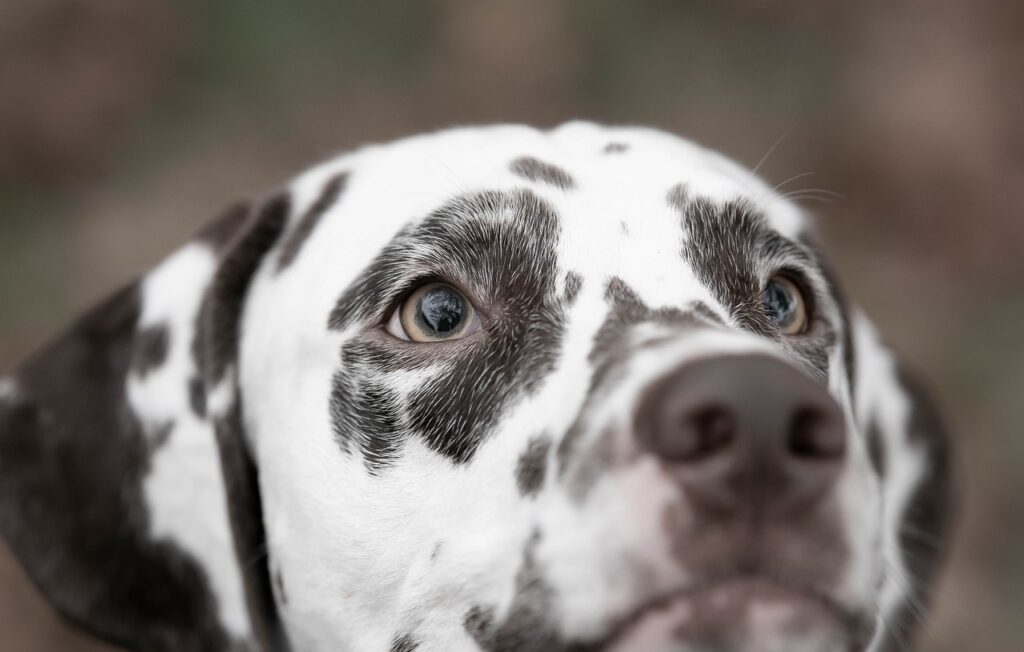Can Dogs Eat Cheetos? – No, They Can’t
While it might be tempting to share your snack with your furry friend, it’s crucial to know that no, dogs should not eat Cheetos. This cheesy snack may be a hit among humans, but it’s far from suitable for dogs. Cheetos contain high amounts of fats and sodium which are harmful to canines. They lack any nutritional benefit for dogs and can lead to health issues like obesity and salt poisoning if consumed in large quantities. The artificial colors and flavors, not to mention the preservatives found in Cheetos, are also not designed for a dog’s dietary needs.
Can Puppies Eat Cheetos?
When it comes to puppies, the answer remains a resounding no. Puppies have even more sensitive digestive systems and require a carefully balanced diet to support their rapid growth and development. Introducing Cheetos to a puppy’s diet can not only disrupt their nutritional needs but also pose an increased risk of health complications. Due to their size, the adverse effects can manifest much quicker and more severely in puppies than in adult dogs.
Why are Cheetos Harmful for Dogs?
Cheetos are a far cry from being a suitable treat for our canine companions. Below are some reasons why this snack can be harmful.
High Salt and Fat Content
Cheetos are notorious for their high salt and fat content. Dogs consuming excessive fats can suffer from pancreatitis, a painful and potentially life-threatening condition. Too much salt, on the other hand, can lead to salt poisoning, which manifests with symptoms such as vomiting, diarrhea, and seizures.
Lactose and Seasonings
Most dogs are lactose intolerant and cannot properly digest the cheese and dairy in Cheetos. They also contain onions and garlic powder, which are toxic to dogs and can lead to anemia if consumed in large amounts.
Artificial Ingredients
Cheetos include a variety of artificial colors and preservatives which are unsuitable for dogs. These can lead to allergic reactions or other health issues, contributing nothing beneficial to your dog’s diet.
Symptoms to Watch Out For After Dogs Consume Cheetos
- Gastrointestinal Upset : Look out for vomiting, diarrhea, or excessive thirst, all of which suggest digestive discomfort or salt overload.
- Lethargy : If your dog seems unusually tired or unresponsive, this could signal a negative reaction to an unhealthy snack.
- Respiratory Issues : Observe for any signs of difficulty breathing or coughing, which could indicate an allergic reaction.
Immediate Steps to Take if Your Dog Eats Cheetos
- Monitor closely: Keep an eye on your dog for any signs of distress or abnormal behavior.
- Contact your vet: If you notice any worrying symptoms, reach out to your vet immediately for professional advice.
- Provide water: Make sure your dog has access to fresh water to help mitigate the effects of excess salt.
Safe Alternatives to Cheetos
While Cheetos are dangerous for dogs, there are safe alternatives that they can enjoy. Consider offering your dog these safer food options instead:
- Carrots – A great source of fiber and vitamins with a satisfying crunch.
- Apples – Low in fat and containing vitamins A and C, just avoid the seeds and core.
- Pumpkin – Rich in nutrients and can help with digestive issues when served plain and in moderation.
Conclusion
In summary, it is clear that Cheetos represent a range of risks to dogs, from digestive disturbances to potential toxicities. As pet owners, it is our responsibility to ensure that our dogs have a balanced diet designed for their specific needs. Always have safe, nutritious treats available and be vigilant about keeping potentially harmful snacks out of paw’s reach. By doing so, we can ensure the health and happiness of our beloved canine friends.
Frequently Asked Questions
Can a little bit of Cheetos harm my dog?
While a small piece is unlikely to cause serious harm, it’s best to avoid giving any Cheetos to your dog because of the possible health risks.
What should I do if my dog steals a bag of Cheetos?
Monitor your dog for any adverse reactions and consult your vet for guidance, especially if they consume a large amount.
Are there any chips that are safe for dogs?
Typical store-bought chips are not recommended for dogs due to high salt and fat content. Stick to vet-approved dog treats instead.
How can I stop my dog from begging for snacks?
Consistent training and providing healthy alternatives at snack time can help curb this behavior.



